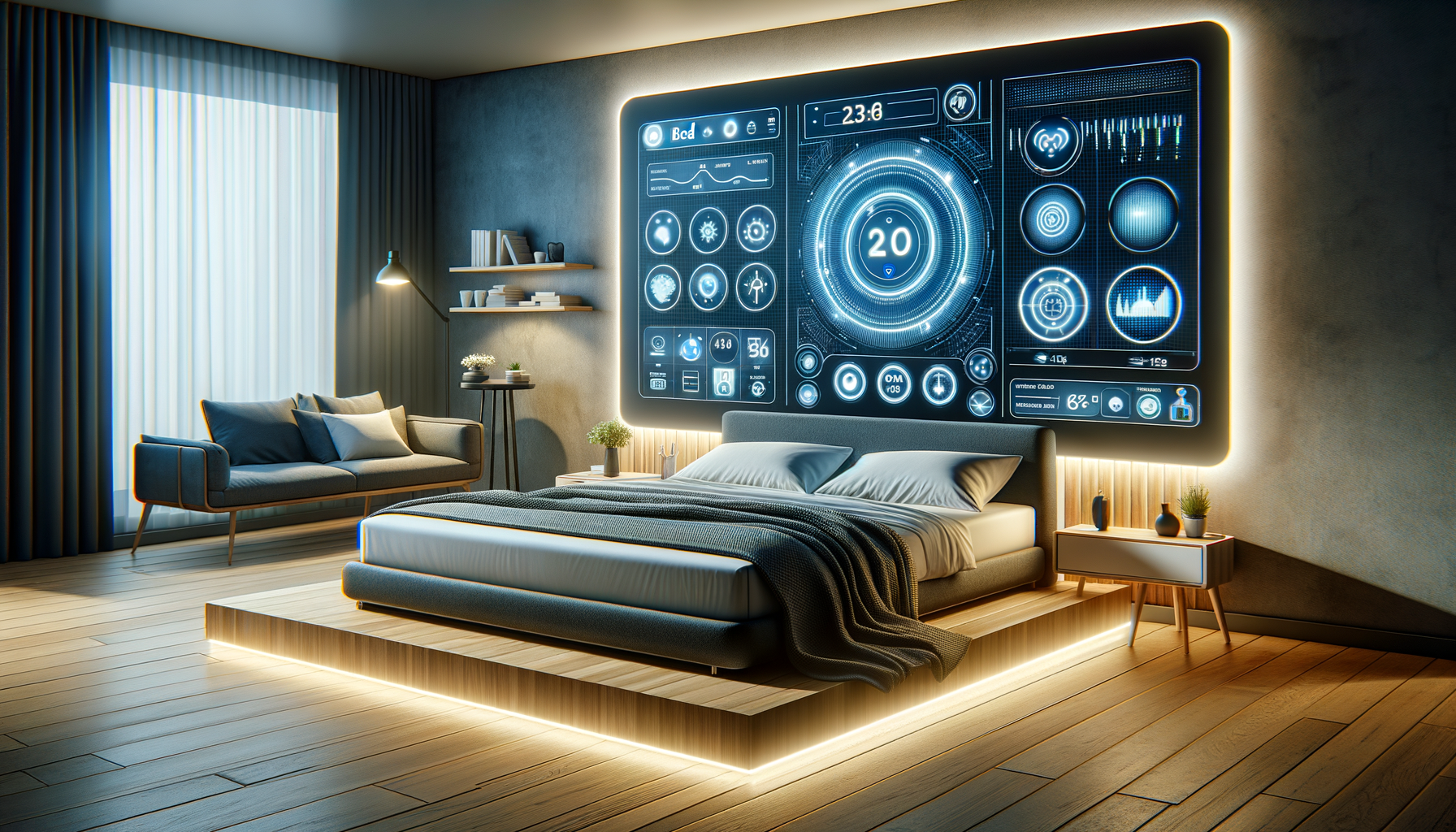
Ontdek hoe slimme bedden je slaapervaring kunnen verbeteren
Understanding the Concept of Smart Beds
Smart beds are revolutionizing the way we think about sleep. Unlike traditional beds, these advanced solutions integrate technology to enhance comfort and support. By incorporating sensors and connectivity, smart beds provide insights into sleep patterns and offer personalized adjustments to improve sleep quality.
One of the key features of smart beds is their ability to monitor various sleep metrics, such as heart rate, breathing patterns, and movement. This data is then analyzed to provide feedback on sleep quality and suggest improvements. Additionally, many smart beds come with adjustable firmness and position settings, allowing users to customize their sleeping environment to suit their preferences.
Furthermore, smart beds often include features like integrated lighting and sound systems that can be programmed to create an ideal sleep atmosphere. These elements work together to provide a holistic sleep experience that goes beyond mere comfort, aiming to improve overall well-being.
Technological Sleep Solutions: A New Era of Rest
The advent of technological sleep solutions marks a new era in how we approach rest and recovery. These innovations extend beyond smart beds to include a range of devices and applications designed to optimize sleep. From wearable sleep trackers to apps that monitor sleep cycles, technology offers numerous ways to enhance sleep quality.
Wearable devices, such as sleep trackers, provide valuable insights into sleep stages and patterns. These devices often sync with mobile apps, allowing users to analyze their sleep data and make informed decisions about their sleep habits. Additionally, sleep apps offer features like guided meditation and white noise, which help users relax and fall asleep more easily.
Moreover, smart home technology plays a significant role in sleep optimization. Smart lighting systems can be programmed to mimic natural light cycles, promoting a healthy sleep-wake routine. Similarly, smart thermostats ensure that bedroom temperatures remain conducive to restful sleep.
The Role of Automatic Temperature Regulation in Sleep
Temperature regulation is a crucial factor in achieving restful sleep, and automatic temperature control systems are at the forefront of this innovation. These systems adjust the bed’s temperature based on the user’s preferences and external conditions, ensuring an optimal sleeping environment.
Research shows that maintaining a cool room temperature can significantly improve sleep quality. Automatic temperature regulation systems in smart beds take this a step further by adjusting the bed’s surface temperature to match the body’s natural thermoregulation process. This helps prevent overheating and night sweats, common disruptors of sleep.
Furthermore, these systems often include dual-zone temperature control, allowing partners to set different temperatures on their respective sides of the bed. This feature is particularly beneficial for couples with different temperature preferences, ensuring both partners enjoy a comfortable night’s sleep.
Benefits of Integrating Smart Technology into Your Bedroom
Integrating smart technology into the bedroom offers numerous benefits that extend beyond improved sleep quality. Smart beds and related technologies promote a healthier lifestyle by encouraging better sleep hygiene and providing actionable insights into sleep patterns.
One of the primary benefits is the ability to personalize the sleep environment. With features like adjustable firmness, temperature control, and sleep tracking, users can tailor their sleep settings to meet their specific needs. This customization leads to enhanced comfort and better sleep quality.
Additionally, smart technology fosters a deeper understanding of personal sleep habits. By analyzing sleep data, users can identify patterns and make informed decisions to improve their sleep. This data-driven approach empowers individuals to take control of their sleep health, leading to improved overall well-being.
Future Trends in Sleep Technology
The future of sleep technology is promising, with continuous advancements aimed at further enhancing sleep quality. Innovations like AI-driven sleep solutions and advanced biometric sensors are set to redefine how we approach sleep.
AI-driven sleep solutions leverage machine learning algorithms to provide personalized sleep recommendations. These systems analyze a vast array of data points to offer tailored advice on sleep hygiene and lifestyle changes. As AI technology evolves, these recommendations will become increasingly accurate and effective.
Advanced biometric sensors are another exciting development in sleep technology. These sensors provide detailed insights into physiological responses during sleep, such as heart rate variability and oxygen levels. This data can be used to identify potential sleep disorders and guide interventions that improve sleep health.
As these technologies continue to evolve, they hold the potential to transform our understanding of sleep, paving the way for a future where restful, rejuvenating sleep is accessible to all.